Choose Your Language
Request a Quote
Sustainable Solutions
- Home
- Sustainability
Our Sustainability Commitment: Understand Your Needs. Overcome Your Challenges. Deliver Solutions.
Reducing our environmental footprint and championing social responsibility by integrating sustainable practices across our operations. We strive to balance environmental, social, and economic priorities while delivering top-quality products and services to our customers.
• Read our Sustainability Disclaimer
• Learn how How Nexeo Plastics Contributes to the UN Sustainable Development Goals
• Nexeo Plastics Seeks to Invest in a More Sustainable Fleet
Nexeo Plastics is committed to supporting your sustainability efforts by offering materials that align with recognized environmental standards. Our portfolio includes biobased, compostable, post-consumer, post-industrial, recycled, and reclaimed plastic resins, each rigorously certified by industry standards such as ASTM D6400 and D6866. We emphasize transparency and accuracy in our claims, ensuring our materials genuinely contribute to a lower carbon footprint. By prioritizing the sourcing and usage of more sustainable materials, we help you incorporate sustainable practices into your products, advising on design, manufacturing and material selection, without compromising on quality, fully aligning with the latest European environmental regulations. Our portfolio includes a wide variety of sustainable resins with properties such as:

Our portfolio of sustainable thermoplastics include materials that meet:
These alternative materials help reduce carbon footprint, cut down on environmental plastic waste, mitigate the impact of climate change, and contribute to a thriving society for our employees, our communities where we operate, and the people who depend on our products.

Biobased plastics are made in whole or in part from renewable sources such as corn, potato skins, sugarcane, grapeseed, and other wood- or plant-based materials, often blended with PLA, Bio PE, or nylon.
Some biobased resins are 100% recyclable and will not be a contaminant if they enter the recycle stream.
According to the U.S. Federal Trade Commission, a plastic can only be labeled as biobased if it meets the ASTM D6866 standard, which is the standard test method for determining the biobased content of a solid, liquid, or gaseous sample using radiocarbon analysis. Similar standards are in effect in other regions of the world.
Read our blog post: De-Bunking Misconceptions about Bioplastics
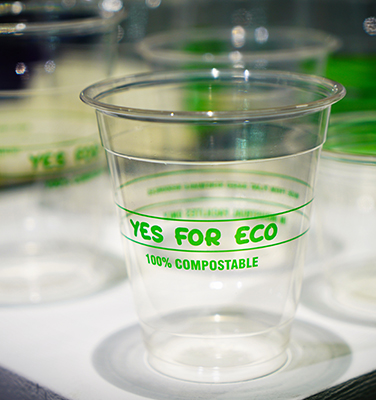
Compostable plastics are derived from renewable materials like corn, potato, tapioca starches, cellulose, soy protein, and lactic acid.
The terms “biodegradable” and “compostable” are often used interchangeably, but only plastics labeled “compostable” are held to specific regulatory standards. Compostable materials must biodegrade within a specified period of time and leave no toxic residue in the soil.
In the United States, the Federal Trade Commission (FTC) requires companies that market their products as compostable to show reliable scientific evidence that all materials in the product or package will safely break down into, or become part of, usable compost in the same amount of time as the materials with which it is composted.
Read our blog post: Biodegradable vs. Compostable: What’s the Difference?
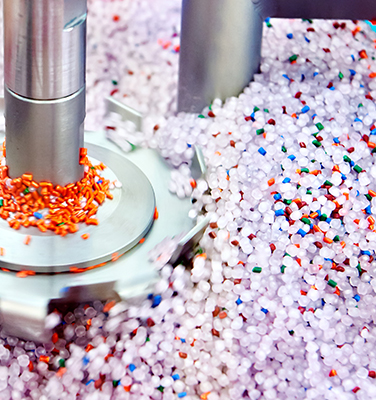
Mechanical recycling, or physical recycling, prepares plastic material to be reused without altering the chemical structure. When a plastic product is mechanically recycled, the material is crushed, cleaned, and remelted into new pellets for thermoplastic processing. Unlike chemical recycling, the structure of the original polymer is not changed. Most recycled plastics, including post-consumer recyclate (PCR) and post-industrial recyclate (PIR), are mechanically recycled.
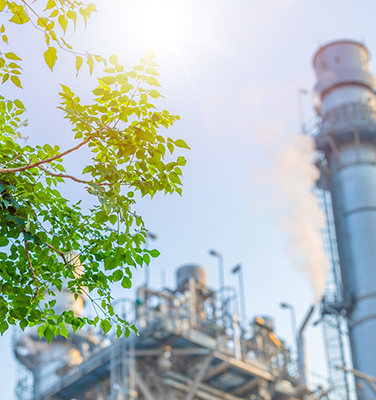
Chemical Recycling , or Advanced Recycling, is the process of converting polymeric waste by changing its chemical structure and turning it back into substances that can be used as raw materials for the manufacturing of plastics or other products.

Our team of experts at Nexeo Plastics primarily evaluates sustainability goals in three areas:
Design Requirements: Can we engineer parts to use less material while maintaining functional performance requirements?
Production and Manufacturing Processes: Can we optimize your production processes and reduce your carbon footprint by reducing energy consumption and material scrap rate?
Material Selection: Can bio-based, recycled or renewable thermoplastics meet your current and future application requirements?
We have the technical resources and the materials expertise to help your company meet and even exceed your sustainability goals. We can also assist with the development of recycling/reclaiming strategies based on material selection and can help find a second life for your scrap materials. This approach helps ensure that products that would have ended up in a landfill can be used in future applications.
Watch Our Webinar: Nexeo Plastics and Envalior Lead the Way Towards a Sustainable Future
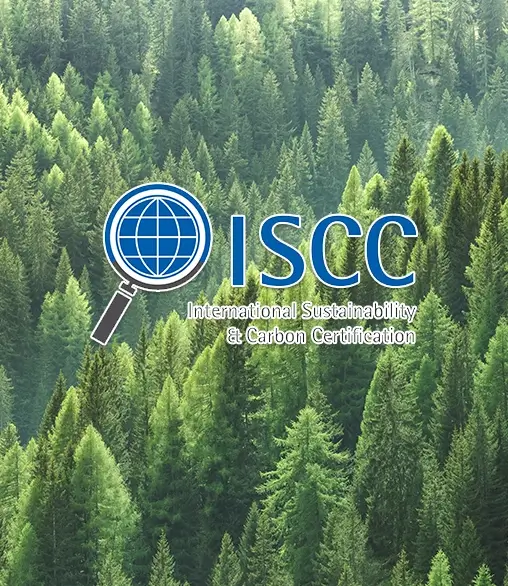
Nexeo Plastics has obtained ISCC PLUS certification in North America and across all our European affiliates. ISCC PLUS is a certification system that promotes ecological and social sustainability, traceability, feedstock identity, and compliance with laws and international treaties.
The ISCC Association, which currently has over 180 members, promotes the sustainable production of biomass, circular and bio-based materials, and renewables.
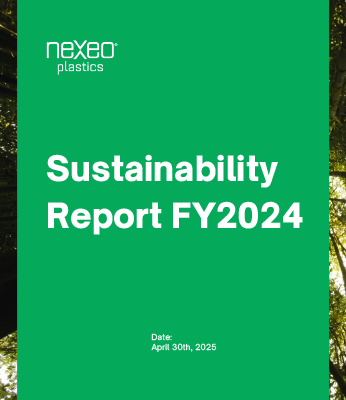
At Nexeo Plastics, sustainability is not just a goal—it’s a mindset that informs everything we do. As we present our FY2024 Sustainability Report, we’re proud to highlight a year of measurable progress and purposeful action. Our journey this year was defined by strategic investments in circularity, clean energy, digital innovation, and inclusive engagement—advancing our vision of a more sustainable future for the plastics industry. With each initiative, we are embedding sustainability deeper into our culture, operations, and customer experience, setting the foundation for long-term impact and continued growth.